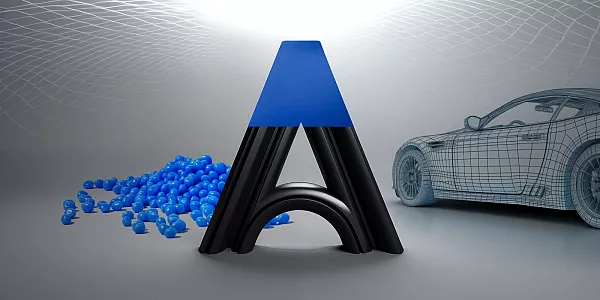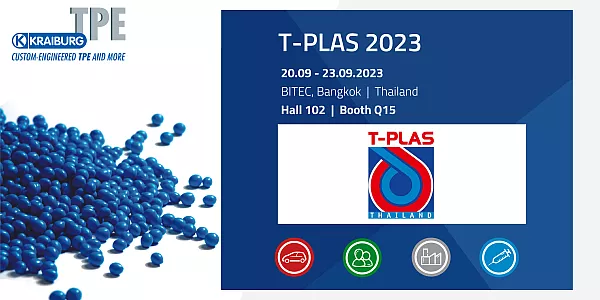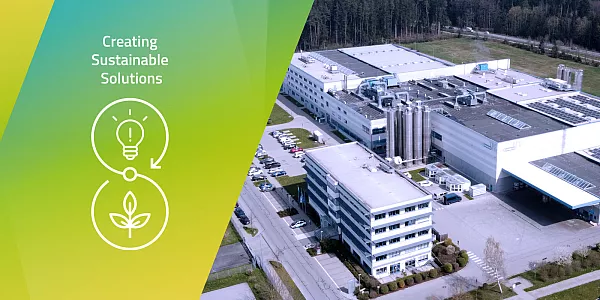New TPE with adhesion to polar thermoplastics for applications involving contact with fatty foods
The new series was developed specifically for contact with fatty foods and is also characterized by a pleasant feel and improved organoleptic properties. Target applications include reusable food packaging, cosmetic applications, and hoses and conveyor belts in food processing.
Increased consumer awareness of environmental and sustainability issues has led to steadily rising demand for reusable products in many areas. Typical examples include food containers such as lunch boxes, mixing bowls, and sealable bowls, where the seals in the lids are often made of thermoplastic elastomers.
However, the use of these end products requires reliable materials to ensure long-term physiological safety. The relevant regulations for plastic applications that come into direct contact with food—Regulation (EU) No. 10/2011 and Title 21 Code of Federal Regulations (21 CFR §177. 2600) of the Food and Drug Administration (FDA) in the USA – define strict limits for the permissible migration of ingredients from the materials in this context. In addition, KRAIBURG TPE meets the requirements that both regulations place on compound compositions. The prerequisites for complying with the legal migration limits are the combination of the new formulation of the FC/CM3/AD1 series with a well-thought-out design of the end product.
“We have been working intensively on this topic in recent years and have invested heavily in the development of new TPS compounds for safe applications in food contact,” says Dirk Olberding, Market Manager Consumer at KRAIBURG TPE. “Through comprehensive analyses and migration studies, we have succeeded in determining precise calculation bases for migration properties and transferring them to the formulation of commercial TPS types.”
Olberding also points out in this context that TPE compounds can exhibit very complex migration behavior due to their variable combinability. "The ideal solution is therefore to tailor the TPE formulation of the individual series as precisely as possible to the expected contact media – usually high-fat foods such as meat, cooking oils, dressings, or sauces. To ensure this, we took two different approaches when formulating the materials, examining the individual raw materials and their interaction on the one hand, but also keeping an eye on the end product in terms of its migration potential on the other."
Thanks to their resistant surface and outstanding mechanical properties, the new materials from KRAIBURG TPE significantly increase the service life of reusable containers and lids. Adhesion to various polar thermoplastics such as Tritan (PCT-G), PET, SAN, PC, ABS, PA6, and PA12 has been successfully tested across the board. Due to their very good resilience – proven by hysteresis tests – and excellent tear strength and tear resistance values, they are also ideal for cosmetics and food packaging. The new range can be processed thermoplastically with excellent results, allowing for a great deal of freedom in component design. The compounds are produced at the KRAIBURG TPE site in Waldkraiburg and are now available worldwide.
In accordance with the aforementioned regulatory guidelines, the newly developed THERMOLAST® K compounds of the FC/CM3/AD1 series offer significantly improved migration control compared to conventional TPS. Their minimized migration potential makes them particularly suitable for applications involving direct contact with fatty foods.
Disclaimer: The applications mentioned are illustrative of material capabilities only. Final product suitability and regulatory compliance must be assessed and validated by the customer.





